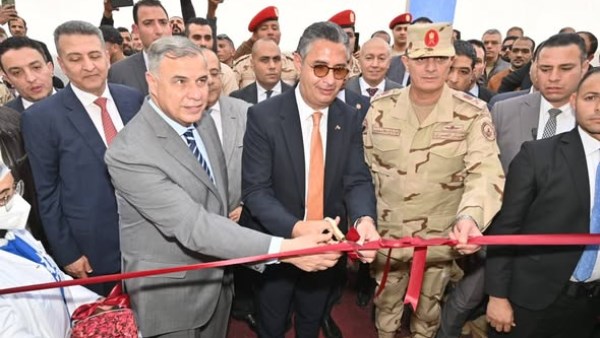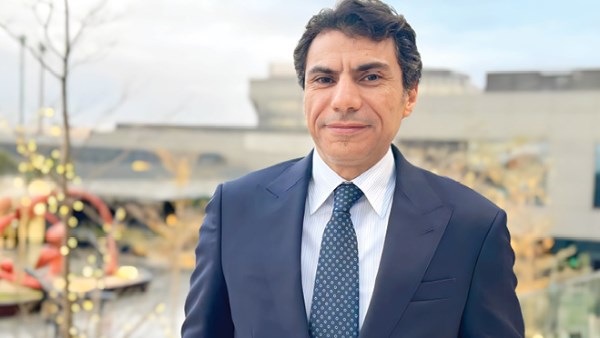Aviation powered by cooking oil!
Arab Airlines switches to eco-friendly aviation fuel

The aviation sector is responsible for creating over 2.5 percent of carbon dioxide emissions worldwide. It is considered the main problem in the shift from using fossil fuels to clean and renewable energy، as it requires new techniques.

EgyptAir launched the firstcommercial flight using SAF in November 2022
As a result، sustainable aviation fuel resembles a magic stick for removing carbon dioxide emissions caused by flights by offering updated technologies in electric aircraft، but battery weight remains an issue in large aircraft، so it is widely assumed that sustainable aviation fuel is a promising way to limit carbon dioxide emissions caused by the aviation sector that contribute to global warming.
SAF works on reducing CO2 emissions by an average of 80%
Emirates announced a demo flight of the Boeing 300-777 ER powered by GE90 using 100 percent sustainable aviation fuel (SAF) in one of its engines. The aircraft took off from Dubai International Airport (DXB) and flew for more than one hour over Dubai's coast. It is considered the first demo flight in the Middle East and North Africa.
Emirates revealed that one of the aircraft’s two engines was fueled by four tonnes of sustainable aviation fuel، which is composed of 75 percent "HEFA-SPK" (hydrolyzed esters، fatty acids، synthetic paraffinic kerosene) produced by Neste MY Sustainable Aviation Fuel and 25 percent "HDO-SAK" (synthetic paraffinic kerosene) presented by Virent، whereas the other engine is fueled by conventional aviation fuel.
In the same regard، Egypt’s national flag carrier EgyptAir launched the first experimental commercial flight using sustainable aviation fuel in November 2022، in line with the launch of the 27th United Nations Conference on Climate Change (COP27) held in Sharm El-Sheikh، Egypt. EgyptAir's flight took off from Charles de Gaulle Airport.
Sustainable Aviation Fuel (SAF) is a new definition for getting aircraft fuel from other resources away from fossil fuels. It is made of cooking oil and animal fats. The primitive resources include palm oil in addition to waste oil resulting from animal and plant waste and solid waste from residents and companies. SAF can also be produced from recycling other resources، for example، paper scraps and vegetable oil that would otherwise end up in the trash.
The SAF is fundamentally dependent on agricultural waste; many developing countries with a large agricultural sector could be an exporting sector of the SAF، which will achieve self-sufficiency in the energy sector، as the SAF could be an economic advantage for some countries.
After getting fuel from renewable resources، it could be mixed with the same amount of kerosene to produce more SAF and conventional aviation fuel.
Following that، it must meet certain criteria in order to be accredited as a sustainable aviation fuel، one of which is the preservation of biodiversity.
SAF helps reduce carbon dioxide emissions by an average of 80 percent، according to the International Aviation Federation Authority (IATA).
The first commercial air flight using SAF launched in 2011، and since then، SAF has become a fundamental element in making air transport more sustainable.
Because SAF is three to four times the price of kerosene، airline companies do not buy large quantities of it، so only small amounts of SAF are produced.
According to some reports، IATA announced that the production of SAF is on track to produce eight billion barrels annually by 2030، adding that the sustainable aviation fuel has powered around 450،000 commercial flights till now.









-1120252475029447.jpg)












